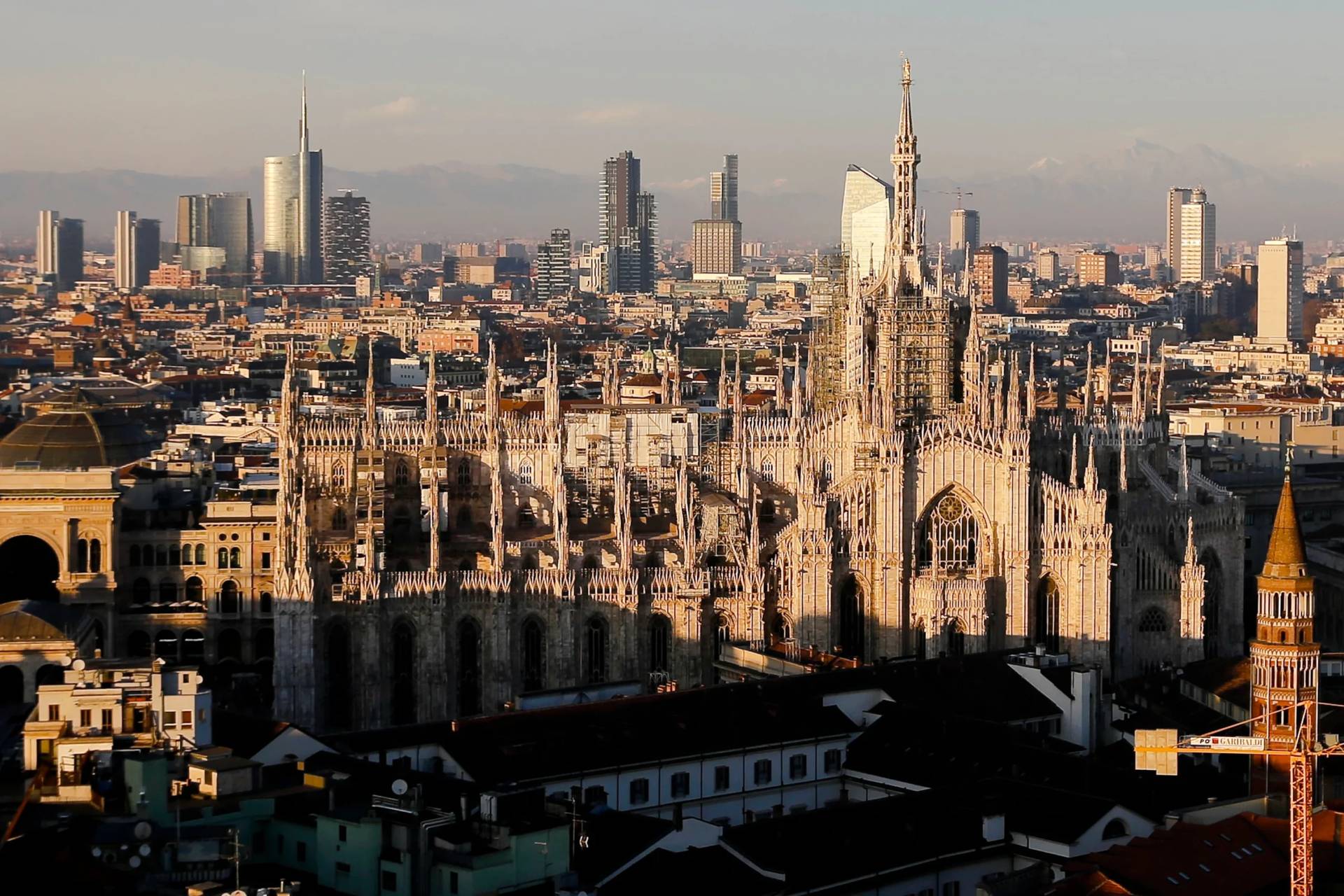MADRID – On the outskirts of Madrid, in a neighborhood known as the “Spanish Vatican” for the large presence of religious orders and parishes, there’s a small store which, although marketed as the “Amazon of Monasteries,” actually feels — and tastes — more like a piece of paradise.
Pozuelo de Alarcon, a relatively young municipality in the Spanish capital, is home to schools run by the Jesuits, the Franciscans, the Dominicans, the Salesians, Opus Dei, and a long list of lesser-known religious orders and movements.
At the heart of it all, although unbeknownst to many, there’s a small “store” built from a prefab wooden cabin sold on the Internet. It’s surrounded by apartment buildings and family homes, but more importantly, by a perfectly groomed garden, tastefully designed by a specialist who donated her time and knowledge to Fundacion Contemplare.
Contemplare is an NGO run by lay people, mostly women, who, having benefited from the prayer of cloistered Catholic communities from all over Spain, decided to give back by helping them sell their products.
For those who cannot visit the store, they recently re-launched a website through which they deliver products throughout Spain and the rest of the world, making them a sort of contemplative Amazon – though since they’re a lot smaller than the online retailer giant, shipping expenses is a problem.
Despite the challenges, their hope is to reach as many people as possible, promising artisan gifts ranging from religious figures of the Holy Family to mind-blowing cookies, chocolate covered almonds and dulce de leche “bottled in silent contemplation.”
All easily washed down by the iconic staple of hand-made religious products: Monastic beer and wine.
(In the spirit of full disclosure, this chronicler discloses that she bought a jar of the caramel-like spread made from milk, sugar and vanilla extract that Argentines like to claim is our greatest sweet culinary contribution to the world. Though it can be used as cake filling, eaten with toast and in ice-cream form, the best way to enjoy it is and will always be with a spoon, directly from the jar.)
RELATED: Francis ‘unplugged’ from being pope in meeting with Argentine ice cream shop owners
“We collaborate with approximately 120 cloistered convents and monasteries in Spain, disseminating the wealth of contemplative life, contributing to their support by seeking sales channels for their products, channelling donations and providing advice on various matters,” Mónica Artacho Corsini told Crux earlier this month.
A mother of six who had a full-time career before co-founding Contemplare, she didn’t seek busier days, but said that when the idea first began to take shape it simply wouldn’t let her go.
“The project was born out of the need we see in the monasteries to sell the products they make, and there are many limitations because most people only know the monastery by approaching them, often in small villages,” she said. “But it was also born out of the need to bring people closer to God through the contemplative life.”
They bring these two worlds together through the sale of products, with several agreements forged with some of Spain’s biggest companies. Products are used to give out thousands of gift baskets to employees at Christmas, or as gifts for the parents of a new-born child.
The store includes a few tables to “sample” the culinary products in situ, while Contemplare hopes the website will reach all the families who want to receive in their homes a little piece of the contemplative life.
“I believe that we are all called to the contemplative life, which is living union with God, and all Christians are called to that,” Artacho said. “God calls us to union with him and other souls, regardless of where we are. This is what attracts me most about this project: allowing people to approach a full life, lived in God. What it speaks to you is to live your life in the presence of God, and to extrapolate that to your family life, to your work, and to every aspect of your life.”
The online store has its peak sales season around Christmas, when hundreds of families choose to blend the “commercial” side of this feast with its actual meaning: celebrating the birth of Chirst.
“We have an opportunity of bringing words together: on the one hand, you’re bringing what these people do in silence and prayer, and they do it for you and for me, they really give their lives to God for us,” Artacho said. “And you are bringing it to a loved one who may not believe or know anything about the contemplative life. Because it’s for this person that the religious pray when they made the product that you buy from them.”
“I was surprised when we started by the quality of the products, the beauty, the everything,” she said. “There are 800 monasteries of contemplative life in Spain and although not all of them make products, the care and detail they put into everything is impressive. Also, when they don’t have the capacity to produce the packaging, we help them with that as well, since bringing these products with endless history to the present is part of our mission.”
She acknowledged that at the beginning, the volunteers, all of whom come from the corporate world, feared they would struggle to convince companies to adopt their products, but they were happily surprised. Despite the growing secularization of Spain, it turns out people are fascinated with contemplative life.
“We’ve encountered many people who, without faith, get involved in the mystery of the contemplative life, willing to help the nuns, or who are inspired by the life of the monk,” Artacho said. “And the more they know the contemplative life, the more they like it.”
Follow Inés San Martín on Twitter: @inesanma












